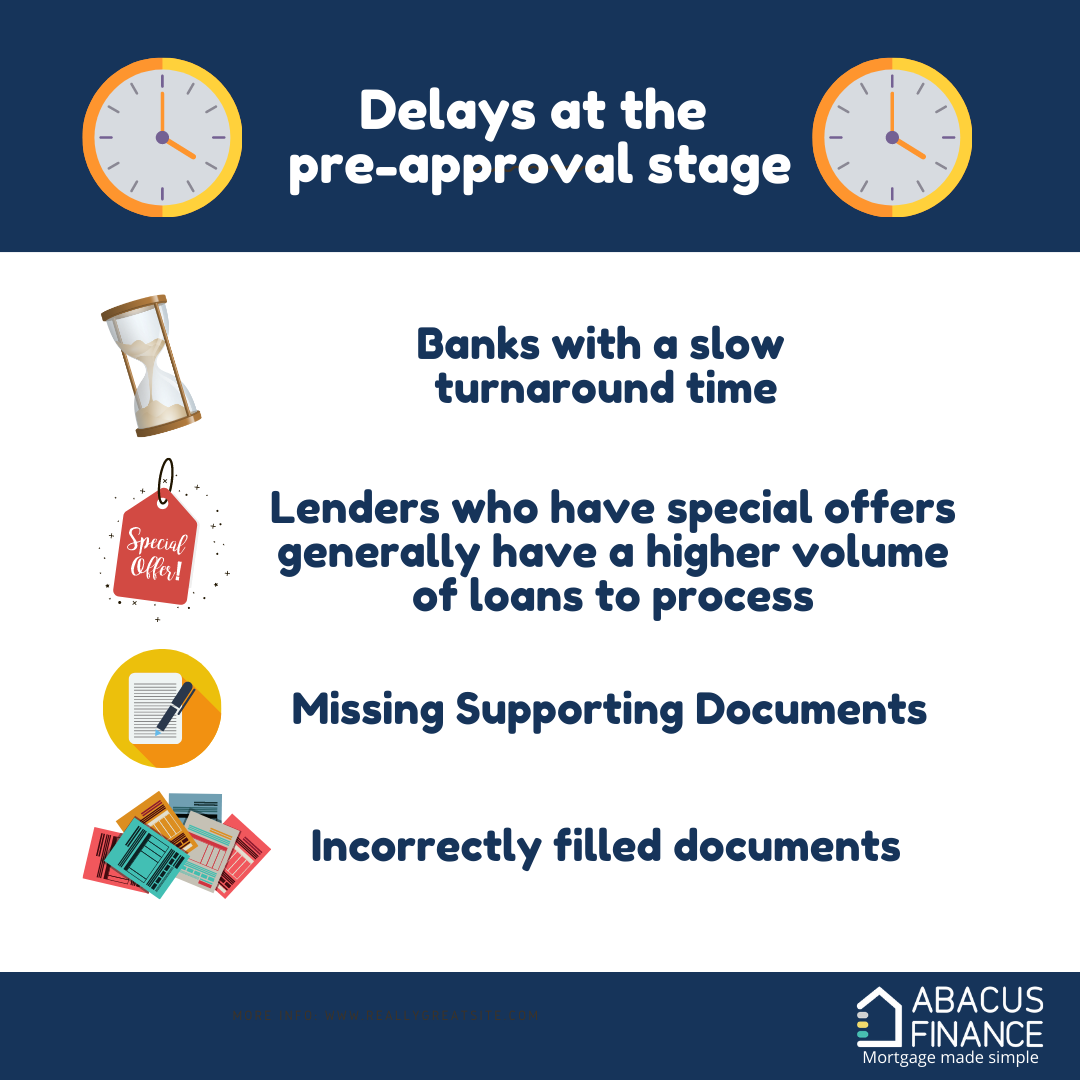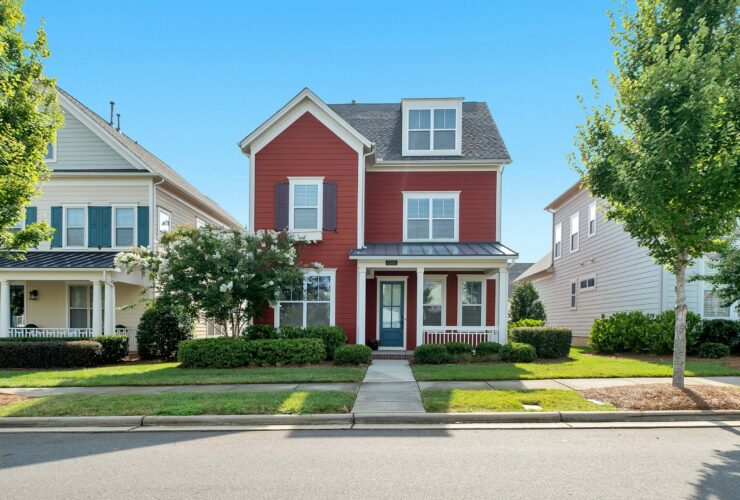All You Need To Know About Conditional Approval
Arguably, the most important element of the property journey is obtaining finance. One of the most confusing parts of the process for first home buyers is the difference between the various types of approvals.
Most commonly, when you are looking to obtain finance to purchase a home, there will be two separate approvals that you’re likely to encounter, and it is vital that you understand the differences between them.
Table of Contents
3. How long does pre-approval last?
Conditional Approval
If you choose to purchase a home using a ‘subject to finance’, without some form of indication from a lender that you will be able to access that finance, you could find yourself in a tricky situation.
Commonly, homebuyers will look to gain conditional approval for a loan, which is more commonly known as a pre-approval.
A pre-approval is a powerful tool for the homebuyer, as it gives them a very clear indication from a lender as to what they will be able to borrow, based on their personal and financial situation.
Once you have submitted your loan documents and all the required documentation, such as payslips, group certificates and/or bank statements, the credit team will assess your application and if you are successful, you will be issued with conditional loan approval.
What this means is that a bank will pre-approve your home loan, up to a certain borrowing limit, subject to you finding a property that meets the agreed criteria, and provided that your situation doesn’t change in the coming months.
Generally, a pre-approval is valid for three months, but it is merely an indication and not a guarantee that you will get a loan.
A pre-approval is a powerful tool for you as a buyer, because it makes you appear serious in the eyes of vendors and sales agents, whilst also giving clarity as to just how much you are able to spend on a property.
Unconditional Approval
Once a homebuyer has found a property, they can go back to the lender that offered a pre-approval and seek a home loan.
When a lender is satisfied that you have met all of their criteria, including LVRs, valuations and your own personal financial situation, you will be fully approved and you will have unconditional approval.
It is possible that a lender won’t offer you a home loan after you have made an offer on a property, if that property is unique in some way, or if there are issues with it in the eyes of the lender.
The most important part of the loan application process is to work closely with a mortgage broker. They are in the best position to be able to help you navigate any issues that might arise, and they also communicate closely with the lender.
If you’re unsure about where your application is at any given time, our team of lending specialist at Abacus Finance will be able to help guide you through the process.

How long does pre-approval last?
It’s important to keep in mind that conditional and unconditional approval won’t last forever. They typically have a timeframe of 3 months, but even then, nothing is definite prior to settlement.
A lender can withdraw their deal prior to settlement for numerous reasons. If they believe your financial situation has changed significantly since the application of the loan.
Our team of mortgage brokers at Abacus Finance will be able to assist you through this process and help to provide the appropriate assistance when it comes to pre-approval.
Chat with us today to move forward with your home purchasing journey.
The information in this post is general in nature and should not be considered personal or financial advice. You should always seek professional advice or assistance before making any financial decisions.




